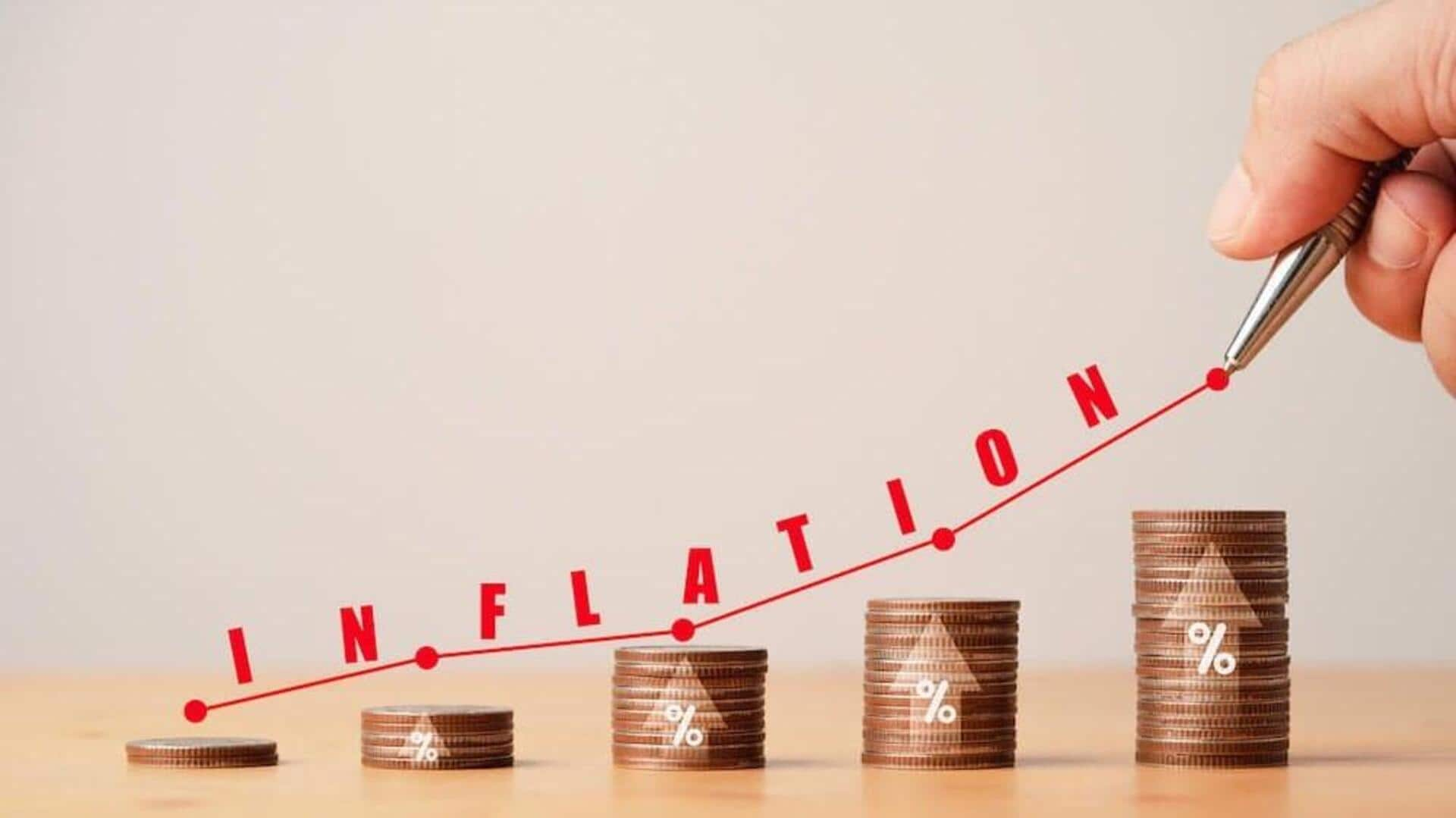
5 key inflation facts everyone should know to navigate better
What's the story
Inflation is one of the most crucial concepts of the economy that impacts everyone, from consumers to policymakers. Knowing about inflation helps people make better financial decisions and understand the bigger picture of the economy. In this story, we bring you five simple yet important facts about inflation, in an effort to simplify this complicated issue. Let's take a look at them.
Price indexes
Inflation measures price changes
Inflation is primarily measured by tracking changes in price indexes like the Consumer Price Index (CPI) or Producer Price Index (PPI). These indexes reflect the average change over time in prices paid by consumers for goods and services, or received by producers for their products. A rise in these indices indicates an increase in inflation, while a decrease suggests deflation.
Information
Causes of inflation vary
Inflation can be demand-driven, in the case where demand exceeds supply (demand-pull inflation), driven by production costs (cost-push inflation), or built-in (where businesses raise prices to keep profit margins intact amid higher wages). Each cause has a different impact on the economy.
Monetary policy
Central banks control inflation
Central banks, such as the Reserve Bank of India (RBI), are critical in controlling inflation through monetary policy tools such as interest rates and open market operations. By tweaking interest rates, central banks impact borrowing costs and spending levels. Lowering rates can boost spending when inflation is low, while raising them can control excessive inflation.
Information
Inflation impacts purchasing power
As inflation increases prices over time, it erodes purchasing power. When prices rise quicker than income growth, people find their money has less to buy than before. This impact is what makes it important to understand inflation for personal financial planning and investment strategies.
Extreme cases
Hyperinflation is rare but severe
Hyperinflation is when prices skyrocket out of control in a short span of time due to excessive money supply or loss of confidence in the value of currency. Although rare, hyperinflation can destroy economies by making currencies worthless almost overnight. Historical examples highlight the need for maintaining stable economic policies to avoid such situations.